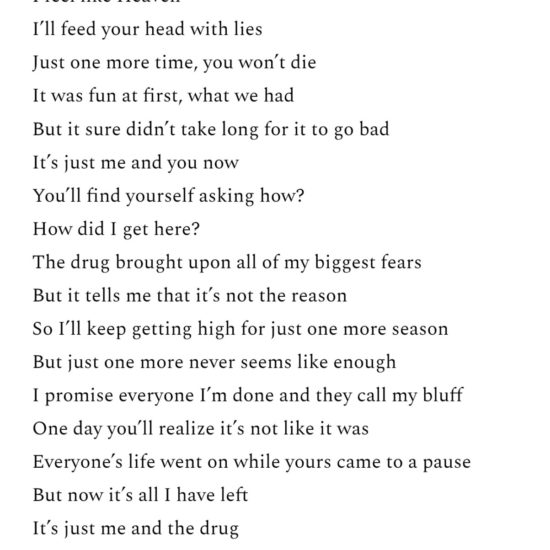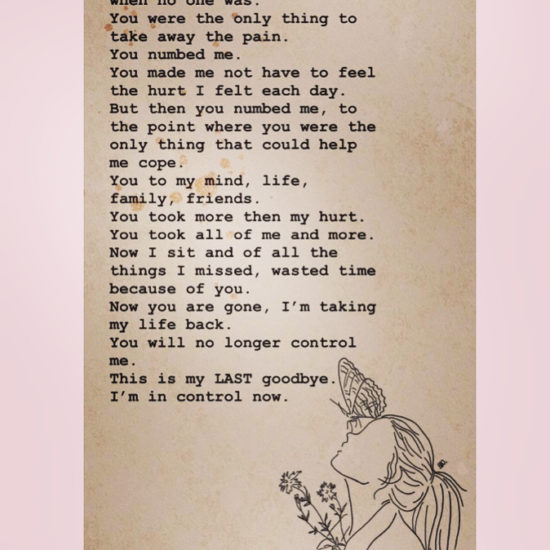
We admitted that we were powerless over our addiction; that our lives had become unmanageable:
In this step, you face the reality of your addiction and come to terms with the fact that your life is out of control. You are preparing yourself to receive the help you need.
The First Step – An Action Step
As an addict begins working the First Step, it is important to ask themselves some basic personal questions: “Do I understand that I have no real control over drugs?” Am I willing to stop using? Am I willing to do whatever it takes to recover?
At first, many addicts may have thought the First Step required no action-they just surrender and go on to Step Two. But Step One does require action!
If they faithfully practice these principles, they will transform their perceptions and the way they live their lives. Surrender is only the beginning. Once they surrender, they need to learn how to live in the peace they have found.
Powerlessness
Our using is a mental obsession, a physical compulsion and a spiritual self-centeredness – which is progressive, incurable, and can be fatal unless arrested. The addict lives in denial of these facts.
Obsession, for the addict, is the never-ending stream of thoughts relating to using drugs, running out of drugs, getting more drugs, and so on. They simply can’t get these thoughts out of their minds.
The physical compulsion is caused by their physical addiction to the substances once we start using them again. Their self-centeredness is what occurs when they are trapped in this viscious mental obession and physical compulsion.
The minute an addict admits their powerless, they never have to use again.
When they honestly admit their powerlessness over their addiction, they can begin the search for a better way to live.
First Step and Isolation
The First Step begins with “we”, and there’s a reason for that. When addicts go to meetings and make this admission, they gain more than personal strength. They become members, part of a collective “we” that allows them, together, to recover from their addiction.
They realized that they couldn’t stop using drugs on their own. Addiction is an isolating disease, closing them off from society, family, and self. They hid. They lied. They scorned the lives they saw others living, surely beyond their grasp. Their lives lost meaning, and they withdrew further and further from reality.
Surrender
Addicts come into treatment and recovery as broken individuals. They posssibly can be morally, spiritually, physically and financially bankrupt. In the acknowledgement of those facts, they can surrender and know that victory lies in the admission of defeat.
They begin to believe on a deep level that they, too, can recover. They begin to let go of their doubts and truly come to terms with their disease. They become open to change. They surrender.
Not that surrender is always easy. On the contrary, surrender can be difficult, especially in the beginning. And the more they surrender, the easier it gets.
Unmanageable Lives
Some addicts realized their lives had become unmanageable because they felt out of control emotionally or began to feel guilty about their drug use. Some lost everything— homes, families, jobs, and self respect. Some spent time in jails and institutions. And some have come very close to death.
Their unmanageable actions and thoughts will be replaced by spiritual principles and way of life:
Something inside them tells them they have had enough of a damaged and tragic life. They are ready to take that first and often most difficult step toward dealing with their disease.”









